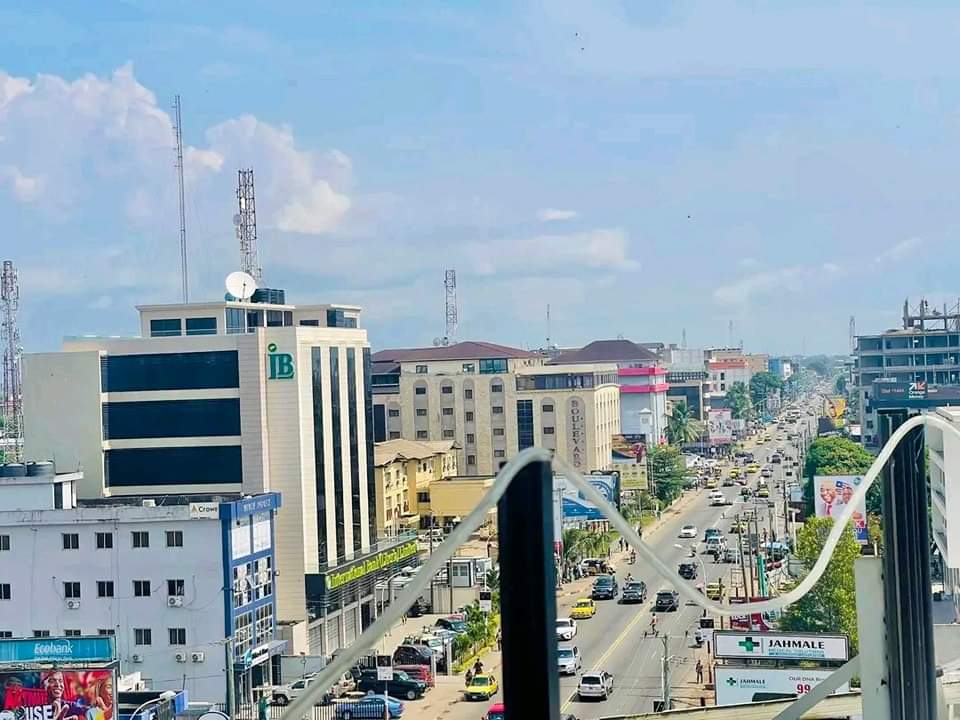Liberia, a nation blessed with abundant natural resources and a vibrant cultural heritage, finds itself at a critical juncture, struggling under the weight of ineffective and often corrupt leadership. The pattern of individuals entering public service with modest means and exiting as affluent figures is a stark indictment of the prevailing governance failures. This accumulation of wealth at the top, while the majority struggles, fuels inequality and deepens public disillusionment. The existing political system, characterized by regional and ethnic divisions, perpetuates this cycle of ineffective governance. Political allegiances, often drawn along tribal and regional lines, overshadow merit and vision, leading to a fractured political landscape where the interests of specific groups are prioritized over the nation’s collective good. This political climate exacerbates the challenges faced by ordinary Liberians, who continue to grapple with inadequate access to quality education, healthcare, and essential infrastructure. While citizens recognize the power of their electoral choices, they often feel trapped, repeatedly electing leaders who fail to deliver meaningful change. Despite these challenges, Liberia remains a land of immense promise and potential. It demands the unwavering loyalty, genuine support, and active engagement of its citizens in nation-building. Moving forward, citizens must move beyond passive allegiance and actively demand accountability from their leaders. This requires consistent engagement, advocating for transparency, and insisting on integrity in all aspects of governance. The ultimate goal is a Liberia characterized by justice, equity, and fairness, where every citizen has the opportunity to thrive and contribute.
The current state of affairs in Liberia is a direct consequence of the actions of past and present leaders who have transformed political offices into commodities, often traded to the highest bidder. This erosion of integrity has led to a government lacking the expertise and vision needed to effectively lead. Rampant corruption, particularly the embezzlement of public funds earmarked for critical infrastructure projects, has become the norm. This misappropriation deprives the nation of vital resources and fosters a culture of impunity, where accountability is rare. The consequences of these failures are borne by the vast majority of the population, who suffer from inadequate public services and mismanaged resources. The prevailing sense that many politicians operate above the law undermines the foundations of democracy. The weakness and compromise of governing institutions further contribute to this systemic failure, rendering the law ineffective and perpetuating the hardships faced by countless Liberians.
Many Liberian leaders operate as purveyors of empty hope rather than agents of genuine change. Their performative patriotism, evident in grand pronouncements and unmet promises, creates a stark disconnect between rhetoric and action. Nations earn respect and admiration when governments actively engage in initiatives that tangibly improve the lives of their citizens. However, as long as leaders prioritize personal gain and indulge in performative patriotism, Liberia will remain mired in stagnation and despair. The demand for accountable and responsive leadership, prioritizing the welfare of the nation over personal ambition, is paramount. The lack of respect for a nation that announces economic policies leading to rampant inflation, a depreciating currency, and a soaring cost of living is understandable. Similarly, the disregard for the security of lives and property erodes public trust. The manipulation of the electoral system and the compromise of the judiciary further contribute to the prevailing sense of disillusionment.
Liberia has failed to demonstrate a commitment to improving its leadership style. The average Liberian feels unfairly treated by the nation, and there’s a significant trust deficit between leaders and citizens. The methods by which leaders attain power, manage divisions, and address diversity are contentious topics. Suffering has become normalized in Liberia, despite the country’s immense potential. Few nations could endure the level of hardship and leadership challenges that Liberia has faced since the end of its civil wars. The pervasive issues of drugs and crime, coupled with the government’s inadequate response, have created a significant security crisis. Citizens live in constant fear, with violence and slaughter becoming a tragic daily reality. The government’s response has been largely limited to ineffective statements and palliative measures, failing to address the root causes of the crisis.
Those in positions of authority, often insulated from the hardships faced by ordinary citizens, must recognize that a fractured social system threatens everyone. Failure to take swift and decisive action will expose them to the dire consequences they currently avoid. The government’s tactics of levying false accusations, intimidating dissenters, and manipulating public sentiment against critics are deeply problematic. Attempts to gaslight citizens into believing that expressing dissatisfaction is unpatriotic will ultimately fail as the populace grows increasingly aware of the ineffective leadership and their deteriorating circumstances. The responsibility for redeeming Liberia rests primarily with its political leaders. They must recognize their responsibilities and demonstrate a genuine commitment to their roles. Only through fulfilling their duties can they hope to earn the trust and loyalty of the citizenry.
Liberia is shrouded in uncertainty, with many facing hunger and deep anxiety about the future. Given the country’s vast resources, its citizens deserve a far better quality of life than what is currently offered. The population is weary of mismanagement and manipulative political strategies. It is evident that Liberia is in distress and gradually descending into uncertainty. It is the government’s mandate to take the necessary steps, make informed decisions, and implement sound economic policies that genuinely serve the people’s interests and well-being. Only through honest, transparent governance can Liberia overcome its challenges and build a brighter future for all its citizens.














